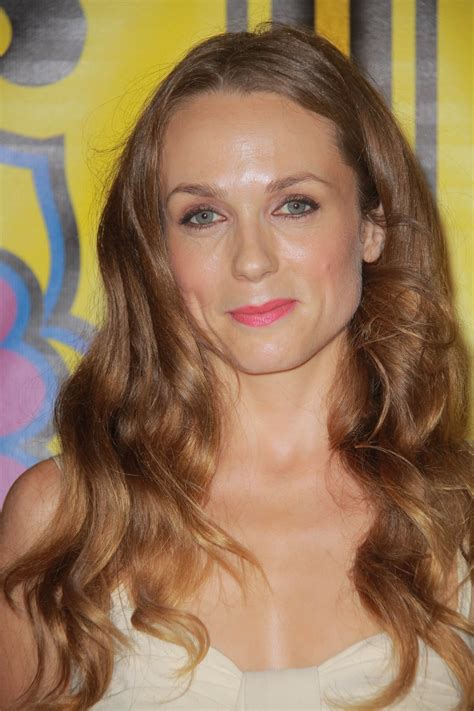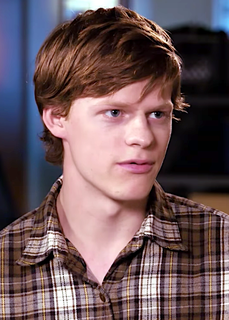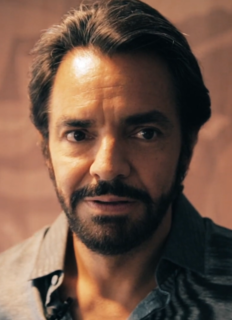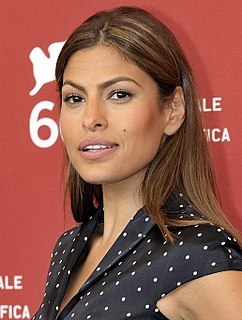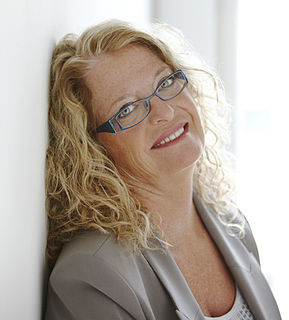A Quote by Kerry Condon
I know it's superficial, and you can't measure art, which is supposed to be up to the individual, but I've watched the Oscars since I was a baby with my mother.
Quote Topics
Related Quotes
One baby is a patient baby, and waits indefinitely until its mother is ready to feed it. The other baby is an impatient baby and cries lustily, screams and kicks and makes everybody unpleasant until it is fed. Well, we know perfectly well which baby is attended to first. That is the whole history of politics.
But art not only exploits the variety of appearances, it also affirms the validity of individual outlook and thereby admits a further dimension of variety. Since the shapes of art do not primarily bear witness to the objective nature of the things for which they stand, they can reflect individual interpretation and invention.
The great constructive energies of the child ... have hitherto been concealed beneath an accumulation of ideas concerning motherhood. We used to say it was the mother who formed the child; for it is she who teaches him to walk, talk, and so on. But none of this is really done by the mother. It is an achievement of the child. What the mother brings forth is the baby, but it is the baby who produces the man. Should the mother die, the baby still grows up and completes his work of making the man.
Other people--grandparents, sisters and brothers, the mother's best friend, the next-door neighbor--get to be familiar to the baby. If the mother communicates her trust in these people, the baby will regard them as delicious novelties. Anybody the mother trusts whom the baby sees often enough partakes a bit of the presence of the mother.
It has become a common feeling, I believe, as we have watched our heroes falling over the years, that our own small stone of activism, which might not seem to measure up to the rugged boulders of heroism we have so admired, is a paltry offering toward the building of an edifice of hope. Many who believe this choose to withhold their offerings out of shame. This is the tragedy of the world. For we can do nothing substantial toward changing our course on the planet, a destructive one, without rousing ourselves, individual by individual, and bringing our small, imperfect stones to the pile.
The word “art” is something the West has never understood. Art is supposed to be a part of a community. Like, scholars are supposed to be a part of a community... Art is to decorate people’s houses, their skin, their clothes, to make them expand their minds, and it’s supposed to be right in the community, where they can have it when they want it... It’s supposed to be as essential as a grocery store... that’s the only way art can function naturally.
Once," Balinda begins softly, "when I was in the emergency room with my mother they brought in a murderer who had been shot and was dying, right there in front of us. I watched as the nurse touched his face and reassured him and I could not believe they were being so nice to him.""What happened?" Jill asked."My mother rose up, took my arm, gripped it as if she was a weight lifter and said, 'he was a beautiful baby once and his mother loved him'.
